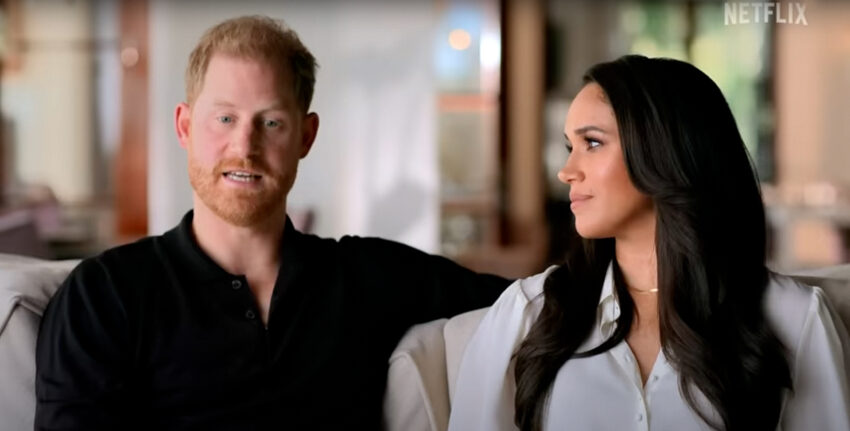In a surprising turn of events, Prince Harry has filed a lawsuit against the UK government, claiming that he and Meghan were unjustly stripped of their taxpayer-funded security when they stepped down as working royals and moved to the US.
However, newly published letters have shed light on the situation, contradicting Harry’s narrative.
The letter, written by Sir Edward Young, the late queen’s private secretary, defends Harry and Meghan’s right to security and suggests that they were not completely cut off by the royal family.
The letter, which was published as part of a summary judgment, addresses the Duke and Duchess of Sussex’s expectation to attend public engagements representing charities and causes they hold dear.
While they would no longer formally represent Her Majesty, their high-profile status would still attract public attention.
The letter also emphasizes that the family recognizes the importance of providing effective security due to the well-documented history of targeting the Sussex family by extremists.
Contrary to Harry’s claim that he offered to pay for his own security during the Sandringham Summit, the letter indicates that no such offer was made until after Harry’s right to taxpayer-funded protection had already been denied.
This raises doubts about the credibility of Harry’s claims and suggests that the palace’s hands were tied in the matter.
The letter further reveals that the late Queen wanted Harry and Meghan to continue having security, although it remains a subject of debate whether publicly funded security was appropriate.
Despite this, the letter directly contradicts Harry’s portrayal of the palace’s attitude towards their security situation, as described in his book “Spare” and various interviews.
Harry’s ongoing feud with Sir Edward Young seems to be one-sided, with Harry harboring resentment towards him.
However, it is unlikely that Young had any personal vendetta against Harry, as his main concern is fulfilling his duties as the late queen’s private secretary.
The case is expected to go to trial next year, with evidence addressing whether Harry made a serious offer to pay for his own security.
